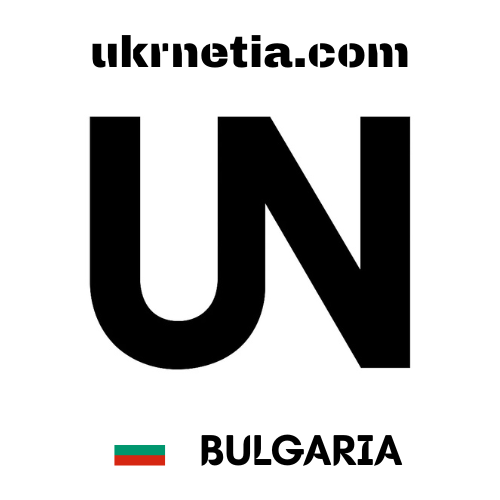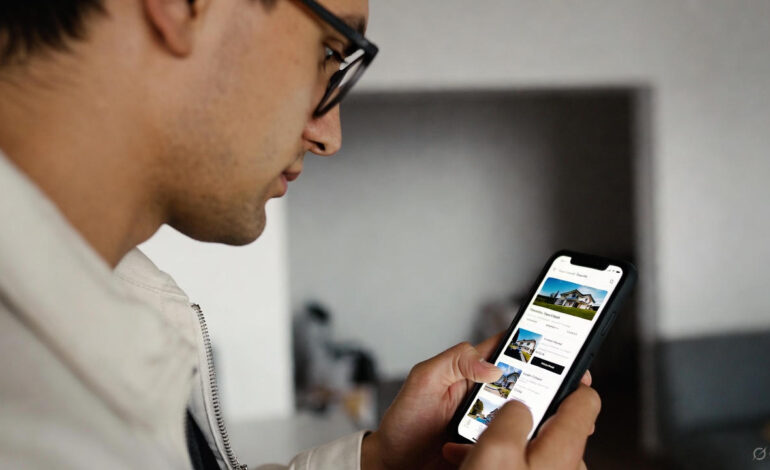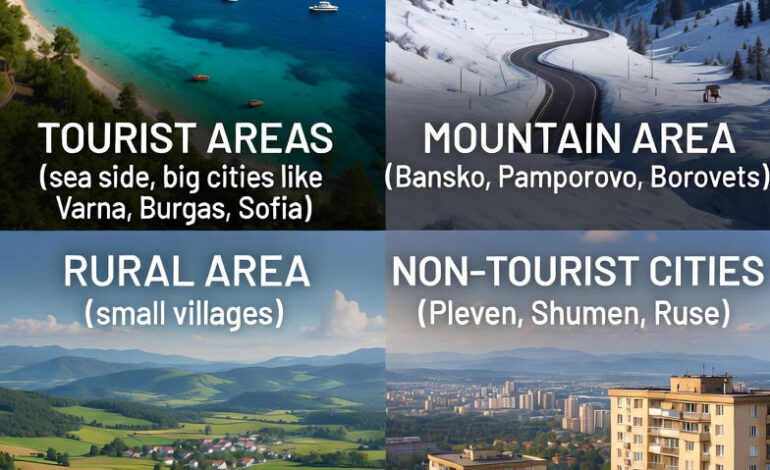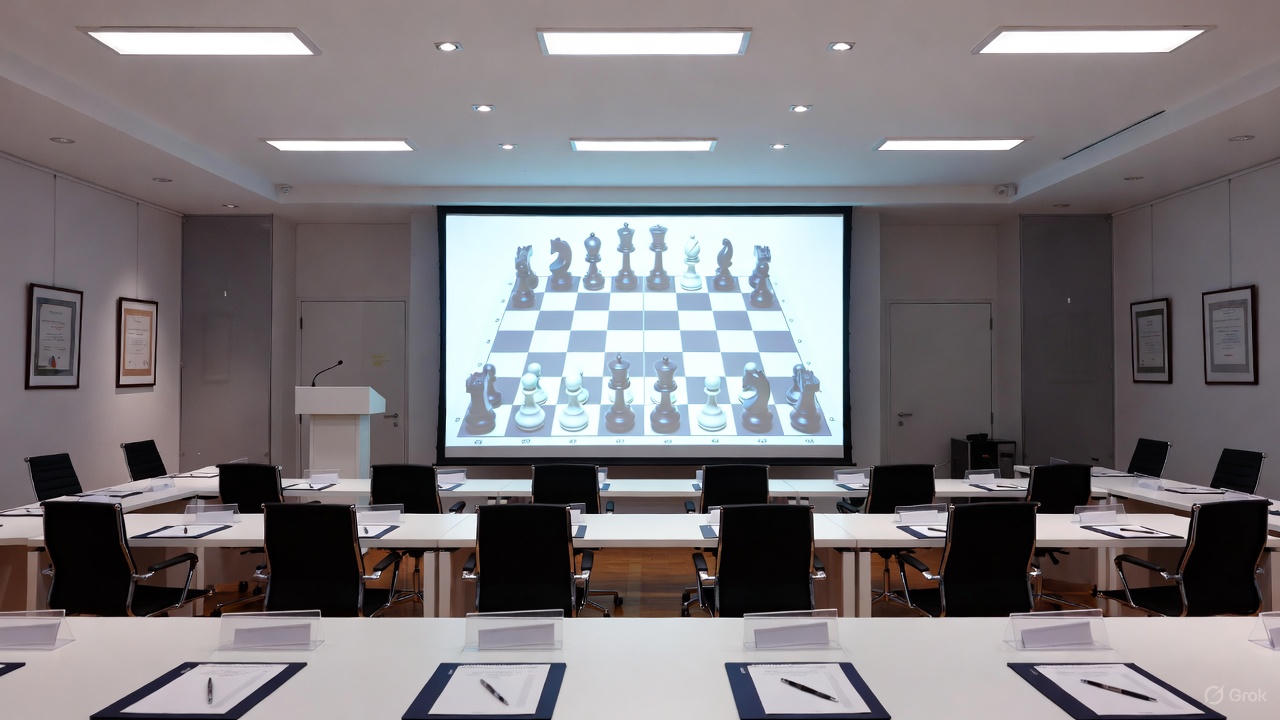Learning Bulgarian language and culture for a successful relationship

In an increasingly interconnected world, cross-cultural relationships have become more common than ever. Falling in love with someone from Bulgaria – whether you met online, during travel, or through mutual friends – brings excitement, romance, and a unique set of rewards and challenges. While love may transcend borders, long-term success in such relationships often depends on one partner’s willingness to engage deeply with the other’s language and culture. For non-Bulgarians in a relationship with a Bulgarian partner, learning the Bulgarian language and understanding its rich cultural context is not just helpful – it is often the key that turns a passionate romance into a lasting partnership.
This article explores why investing time in Bulgarian language and culture matters so much in romantic relationships, what practical steps you can take, and how this journey can strengthen your bond in ways you never expected.
Why Language and Culture Matter in Bulgarian Relationships
Bulgarians are known for their strong sense of national identity, family values, and pride in their history. Although younger generations speak English well, especially in cities like Sofia, Plovdiv, or Varna, the emotional center of Bulgarian life still revolves around the Bulgarian language. Family conversations at the dinner table, jokes among friends, folk songs at celebrations, and even everyday expressions of affection are almost always in Bulgarian.
When you don’t speak the language, you risk becoming an outsider in the moments that matter most to your partner. Sunday lunches with baba (grandma) and dyado (grandpa), name-day celebrations (imen den), weddings, and even casual gatherings with friends can leave you smiling politely while missing the nuance, humor, and warmth that make those occasions special for your partner.
Moreover, Bulgarians often express love and care through actions and indirect communication rooted in cultural norms. Learning the language helps you recognize when your partner is being affectionate, sarcastic, worried, or proud – emotions that can be lost in translation when relying only on English.
The Bulgarian Language: Beautiful, Challenging, and Rewarding
Bulgarian is the only Slavic language that still uses the Cyrillic alphabet in its original form (created by the brothers Saint Cyril and Saint Methodius in the 9th century) and has preserved many archaic features. For English speakers, it presents several unique challenges:
- The Cyrillic alphabet (30 letters, some look familiar, many do not)
- A complex grammar system with definite articles attached to the end of nouns (e.g., kniga – book, knigata – the book)
- Verb aspects (perfective vs. imperfective) that change meaning dramatically
- Six verb conjugations and rich tense system
- The famous “da” construction for subordinate clauses
Despite these difficulties, Bulgarian is phonetic – once you learn the alphabet, you can read anything aloud correctly. Many Bulgarians appreciate the effort foreigners make, and even basic proficiency earns enormous goodwill.
Real-life example: A Canadian woman dating a Bulgarian man for two years noticed a turning point when she greeted his grandmother with “Zdravei, babo! Kak si?” and answered simple questions in Bulgarian. The elderly woman cried, hugged her, and declared, “This girl is already part of the family.” That moment shifted the entire family dynamic.
Where and How to Start Learning Bulgarian
- Master the Cyrillic Alphabet First (1–2 weeks) Spend the first days learning to read and write Cyrillic. Free resources like YouTube channels (“BulgarianPod101,” “Learn Bulgarian with BulgarianPod101”), Duolingo (Bulgarian course available), or apps like “Cyrillic Alphabet Mastery” work well.
- Build Basic Vocabulary and Phrases for Relationships Prioritize words and expressions you’ll actually use with your partner and their family:
- Obicham te (I love you)
- Lyubovta mi (my love)
- Skapiyat mi chovek (my dear person)
- Nazdrave! (Cheers!)
- Chestito! (Congratulations! – essential for name days and holidays)
- Daily Practice with Your Partner Ask your partner to speak Bulgarian with you for 15–30 minutes daily. Start with simple topics: what you did today, what you’ll eat for dinner, plans for the weekend. Label objects around the house with Post-it notes in Bulgarian.
- Structured Courses and Apps
- Memrise and Anki for flashcards
- Clozemaster for sentence practice
- italki or Preply for affordable one-on-one tutors (many excellent native teachers charge $10–20/hour)
- Free resources: Bulgarian National Radio podcasts, Easy Bulgarian on YouTube
- Immerse Yourself Through Media Watch Bulgarian series like “Pod Prikritie” (Undercover) or “Staklen Dom” with English subtitles first, then Bulgarian subtitles, then no subtitles. Listen to folk music (chalga, wedding music, or traditional folk with gaida bagpipes) – your partner will love explaining the lyrics.
Understanding Bulgarian Cultural Codes
Language learning becomes infinitely easier when paired with cultural understanding. Some key aspects:
Family Comes First Bulgarians maintain extremely close family ties. It’s normal for adults to speak with parents daily and visit every weekend. Respecting and participating in family life is crucial. Learn the hierarchy: older generations are addressed with “vi” (formal you) until invited to switch to “ti.”
Name Days > Birthdays Every Bulgarian celebrates their imen den based on the saint they’re named after. Missing your partner’s or their relatives’ name day is a bigger faux pas than missing a birthday.
Hospitality and Food as Love Language When visiting Bulgarian homes, you will be fed enormous amounts of shopska salad, banitsa, kyufte, lyutenitsa, and rakia. Refusing food is seen as rejecting love. Learn to say “Mnogo vkusno!” (Very tasty!) and accept second (and third) helpings.
The Bulgarian Head Nod Dilemma Bulgarians nod their head side-to-side for “yes” and up-and-down for “no” in some regions (though younger people often use the international version). Ask your partner early to avoid hilarious misunderstandings.
Directness vs. Politeness Bulgarians value honesty and can seem blunt to Western ears. “You’ve gained weight” might be said with affection and concern, not criticism. Similarly, “Ela vednaga!” (Come right now!) sounds harsh in English but is normal urgency in Bulgarian.
Superstitions and Traditions Don’t hand someone a knife directly (place it on the table instead). Red-and-white martenitsi are worn March 1 until you see a stork or blossoming tree. Learn about Baba Marta, Kukeri, Nestinarstvo fire dancing – your partner will be delighted to share these traditions.
The Relationship Benefits of Your Effort
Partners who learn Bulgarian report multiple profound benefits:
Deeper Emotional Connection When you can finally have a real conversation with your partner’s parents or understand their childhood stories without translation, intimacy grows exponentially.
Reduced Misunderstandings Many arguments in cross-cultural couples stem from cultural misinterpretation rather than actual disagreement. Understanding context prevents unnecessary conflicts.
Respect and Appreciation Bulgarians rarely expect foreigners to learn their “difficult” language. When you do, it’s seen as the ultimate sign of commitment and love. Many Bulgarian partners say this effort means more to them than expensive gifts or grand gestures.
Integration into Social Circles Speaking even intermediate Bulgarian allows you to joke with your partner’s friends, understand banter at gatherings, and feel truly included rather than tolerated.
Stronger Future Together If you plan to live in Bulgaria, raise children, or spend significant time with in-laws, language proficiency becomes essential. Children of mixed couples often speak Bulgarian better when one parent actively uses it.
Real Stories from Mixed Couples
Maria (American) and Ivan (Bulgarian) – married 8 years “I started learning Bulgarian seriously when Ivan’s grandmother got sick. I wanted to speak with her directly. When I managed to tell her ‘Obicham te, babo’ in my terrible accent, she held my hand and wouldn’t let go. She passed away a month later, but she died knowing I loved her. Ivan still cries telling that story.”
James (British) and Desislava (Bulgarian) – together 5 years “The moment everything changed was when I surprised Desi’s friends by singing along to a Preslava song at karaoke – badly, but in Bulgarian. Suddenly I wasn’t ‘the foreigner’ anymore. I was James who tries.”
Anna (German) and Petar (Bulgarian) – engaged “Petar’s father is very traditional and barely speaks English. When I greeted him with ‘Zdravei, tate!’ and asked about his roses in Bulgarian, he spent the entire afternoon showing me his garden and telling stories. Petar said his dad later told him, ‘This girl is serious. She respects us.’”
Final Thoughts: Love as a Verb
Learning Bulgarian for your relationship is not about becoming fluent overnight or impressing people with perfect grammar. It’s about showing up consistently, making mistakes, laughing about them together, and proving through daily effort that your partner’s world matters deeply to you.
Every new word learned, every cultural tradition honored, every family gathering where you understand a little more – these are love letters written in effort and time. In Bulgarian culture, love is demonstrated more through actions than words. By choosing to learn the language and embrace the culture, you speak the most powerful love language of all: “I choose you, and I choose everything that comes with you.”
Start today with just one phrase. Say “Obicham te” with proper pronunciation. Then learn how to say “I’m learning Bulgarian because I love you.” In Bulgarian, it’s: “Ucha balgarski, zashtoto te obicham.”
Your partner’s smile will tell you everything else you need to know about why this journey is worth every challenging grammar rule and Cyrillic letter.










